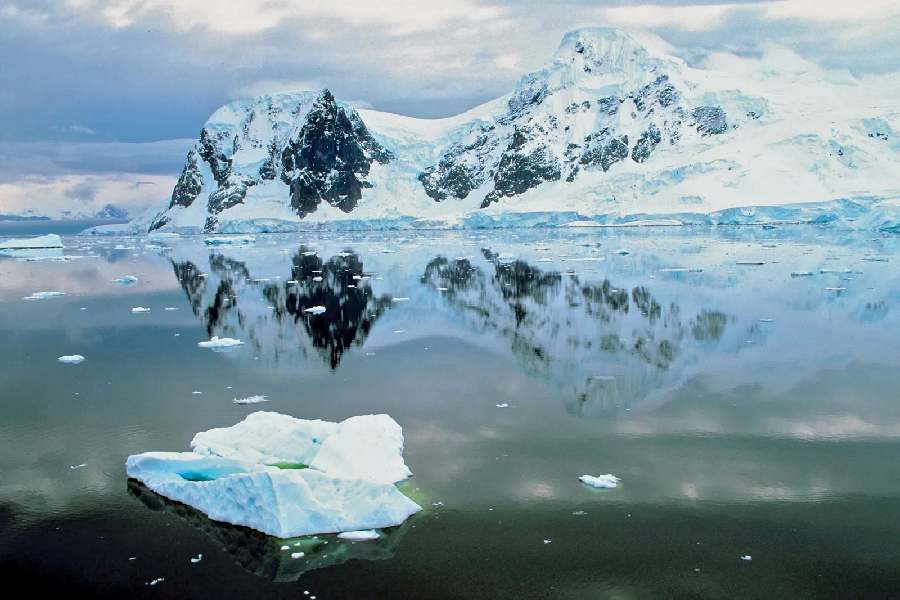South African researchers stationed in Antarctica are calling for urgent intervention from their government back home.
Reason: They have allegedly been rocked by physical assault and a chilling death threat.
The incident, which unfolded at the remote Sanae IV base, has led to desperate pleas for rescue from researchers stranded in the unforgiving ice-covered expanse.
The turmoil at the base—located more than 4,000 km from mainland South Africa — came to light through an email obtained by South Africa’s Sunday Times.
The message, reportedly sent last month, warned of “deeply disturbing behaviour” by one team member, who had allegedly physically assaulted a colleague and issued a death threat. The sender demanded “immediate action,” expressing fear for their safety.
“Regrettably, [his] behaviour has escalated to a point that is deeply disturbing. Specifically, he physically assaulted [name withheld], which is a grave violation of personal safety and workplace norms,” the email read.
“Furthermore, he threatened to kill [name withheld], creating an environment of fear and intimidation. I remain deeply concerned about my own safety, constantly wondering if I might become the next victim.”
The South African government has acknowledged the incident. Dion George, the country’s environment minister, confirmed the assault but stopped short of detailing the response measures under consideration.
“An intervention is in place. The person who assaulted the team leader is remorseful and has been psychologically re-evaluated willingly,” he said.
According to the government, the altercation stemmed from a dispute over a weather-dependent task that required a schedule change, The guardian reported.
However, sources suggest tensions had been brewing for weeks, with concerns about the alleged perpetrator’s behaviour surfacing soon after the team arrived at the base in December.
A spokesperson for the department of forestry, fisheries and the environment said the matter was being handled with “utmost urgency” and that a “full investigation” was underway, reported BBC.
Reports of sexual assault were denied, but allegations of sexual harassment were confirmed to be under review.
“The wellness unit is in contact with the team at the base continuously to find solutions and a sustainable way forward for the wellbeing of the team members located in that remote base,” the spokesperson added.
The ministry also emphasised that each team member had undergone rigorous screening before deployment, including medical assessments, background checks, and psychometric evaluations.
“It is not uncommon for individuals to face an adjustment period when stationed in such extreme environments,” a statement read, according to The Sunday Times.
However, concerns remain over how a situation of this magnitude could have escalated despite these pre-departure safeguards.
The researchers are not due for relief until December, as Antarctica’s harsh winter conditions make travel to and from the base perilous.
The SA Agulhas II, the icebreaker responsible for ferrying teams to the continent, completed its journey in February and is not scheduled to return until the end of the year.
The station’s nearest neighbouring research outposts — the German-operated Neumayer Station III, 137 miles to the northwest, and Norway’s Troll Base, 118 miles southeast — are also largely inaccessible due to extreme weather.
This isolation means the team will have to manage the crisis without external reinforcement for the foreseeable future.
While violent incidents in Antarctica are rare, this is not the first time South Africa’s polar missions have been mired in controversy.
In 2017, a researcher at Marion Island allegedly attacked a colleague’s laptop with an axe after a failed marriage proposal.
More infamously, in 2018, the Russian-operated Bellingshausen research station made headlines when a scientist reportedly stabbed a colleague following a dispute.










